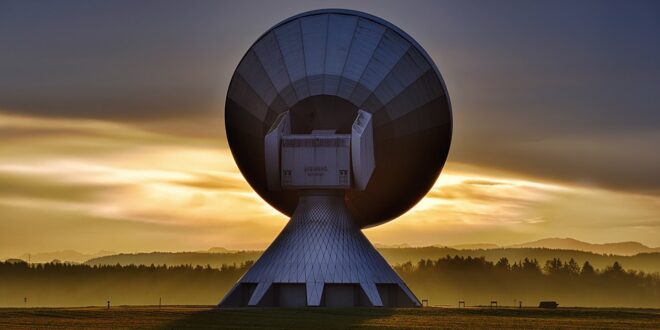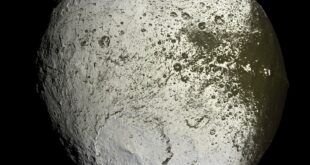Top 20 Incredible Discoveries Made with Satellites
1. Revealing Ancient Civilizations from Space
Satellites have uncovered hidden ancient cities and structures on Earth’s surface, offering valuable insight into our history.
2. Mapping the Ocean Floor
Satellite technology has allowed scientists to create detailed maps of the ocean floor, leading to discoveries of new species and enhancing our knowledge of marine ecosystems.
3. Monitoring Climate Change
Satellites provide critical data for monitoring climate change, including measuring sea ice levels, tracking deforestation, and observing weather patterns.
4. Studying Space Weather
Satellites enable the study of space weather and its impact on Earth, helping us better understand and predict phenomena such as solar flares and geomagnetic storms.
5. Unveiling the Secrets of Earth’s Atmosphere
Satellites gather data on atmospheric conditions, leading to breakthroughs in climate research, ozone hole studies, and air quality analysis.
6. Tracking Endangered Species
By monitoring their natural habitats, satellites aid in tracking endangered species, preventing poaching, and guiding conservation efforts.
7. Detecting and Predicting Natural Disasters
Satellites play a crucial role in observing and predicting natural disasters, helping to save lives and mitigate the impact of events such as hurricanes, earthquakes, and floods.
8. Finding New Exoplanets
With the use of satellites, scientists have been able to discover thousands of exoplanets outside our solar system, unraveling the mysteries of the universe.
9. Uncovering Ancient Fossils
Satellite imagery aids in locating potential fossil sites, assisting paleontologists in their quest to understand Earth’s past and the evolution of life.
10. Monitoring Volcanic Activity
Satellites provide real-time monitoring of volcanic activity, enabling scientists to study eruptions, alert communities at risk, and enhance volcanic hazard assessment.
11. Surveying Changes in Arctic Regions
Satellites facilitate monitoring changes in the Arctic environment, including melting ice caps, shifting ecosystems, and effects on indigenous communities.
12. Assisting Urban Planning
Satellite data assists in urban development, aiding planners in managing resources, improving infrastructure, and enhancing the quality of life in growing cities.
13. Tracking Sand Storms
Satellites can track and predict the path of sand and dust storms, helping communities prepare and decrease the harmful effects of these natural phenomena.
14. Identifying Archaeological Sites
Satellite images reveal hidden archaeological sites, allowing researchers to explore ancient cultures and preserve human history.
15. Monitoring Deforestation
Satellites enable the monitoring of deforestation activities, aiding in the preservation of endangered forests and combating illegal logging.
16. Improving Crop Management
Satellite-based information helps optimize agricultural practices, predicting yields, detecting diseases, and improving water and fertilizer management.
17. Tracing Shipwrecks
Satellite imagery assists in locating and documenting shipwrecks, offering insights into maritime history and preserving cultural heritage.
18. Unearthing Geoglyphs
Satellites reveal ancient geoglyphs and Nazca lines, unlocking the secrets of historical civilizations and their interactions with the environment.
19. Assisting Search and Rescue Operations
Satellites provide a bird’s-eye view for rescuers, helping to locate lost individuals and coordinate effective search and rescue operations.
20. Understanding Global Migration Patterns
Satellites aid in studying and predicting global migration patterns of animals, birds, and even insects, contributing to biodiversity conservation efforts.
Now that we have explored the incredible discoveries made possible by satellite technology, it is evident that these orbiting marvels have revolutionized our understanding of the world we live in. Whether enabling us to unravel the secrets of history or shedding light on celestial wonders, satellites continue to push the boundaries of human knowledge and inspire new discoveries.

 Mind Uncharted Explore. Discover. Learn.
Mind Uncharted Explore. Discover. Learn.



